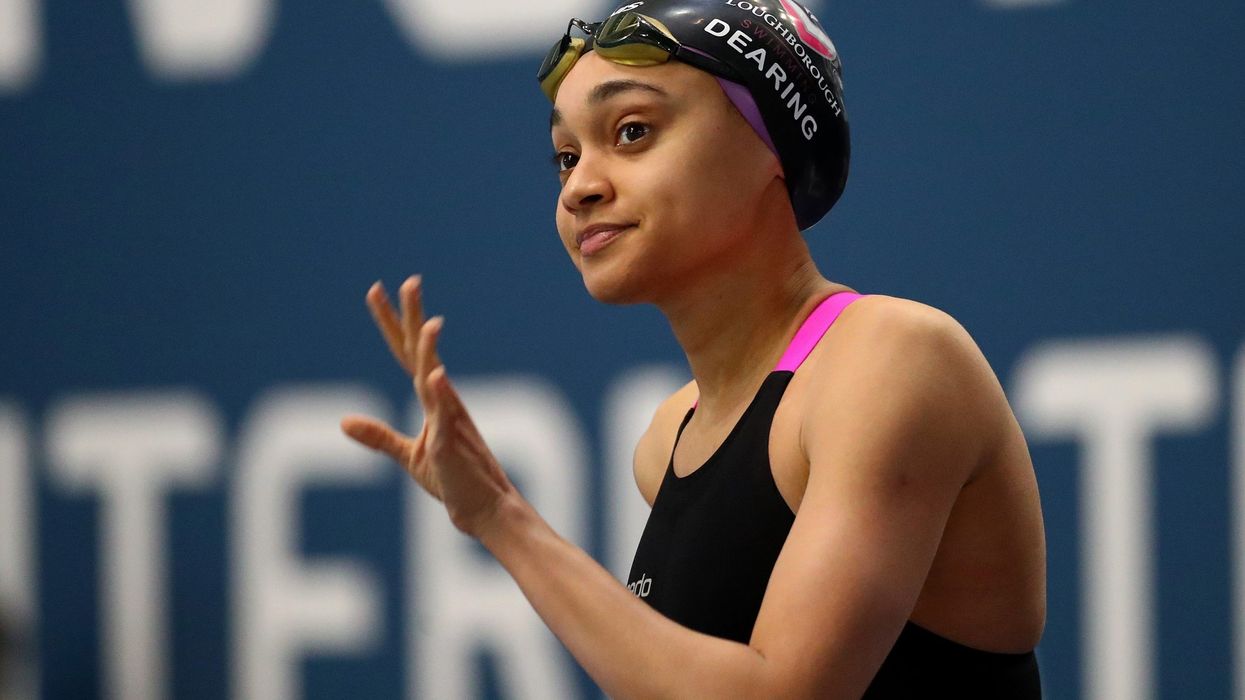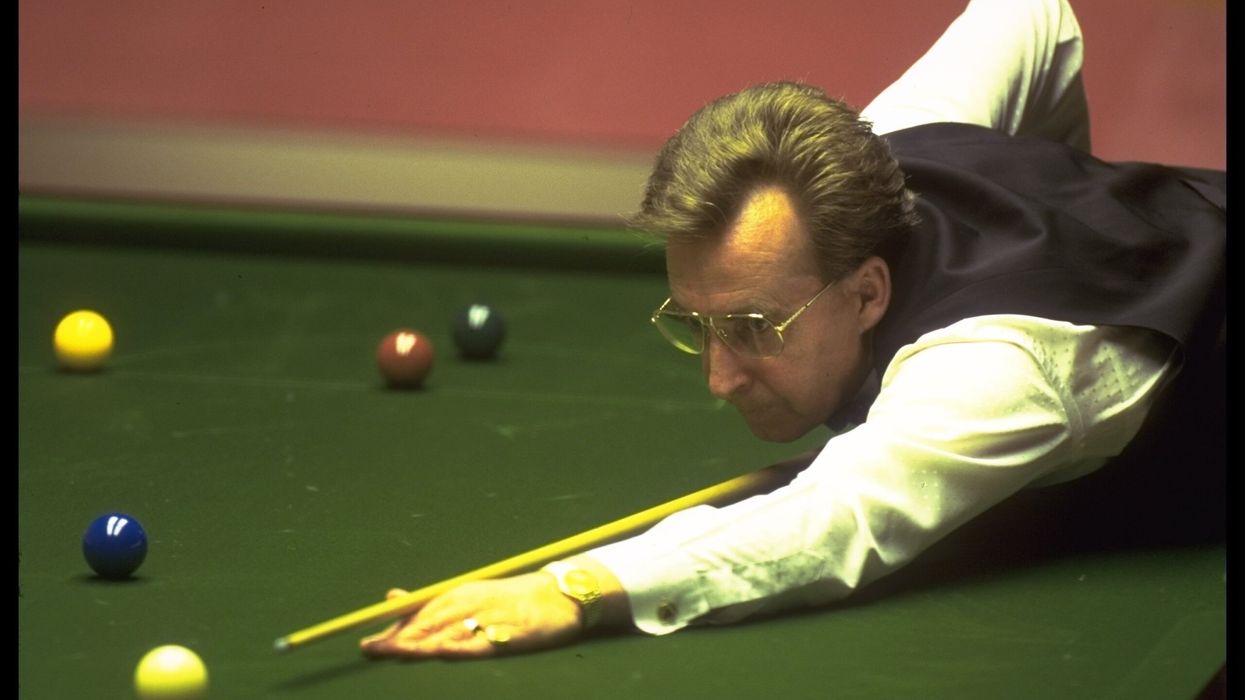ALICE DEARING is all set to make history at next month's Olympics, as the first black female swimmer to represent Britain at the Games.
She told The Guardian that years of cultural and institutional racism had held up the progress of ethnic minorities in the sport.
Dearing, who has been selected for the 10km open water race in Tokyo Games, said her journey so far has been positive, except for few instances where she has been subject of racism.
Recent figures from Sport England show that 95 per cent of black adults and 80 per cent of black children in England do not swim at all, while only 1 per cent of registered swimmers with the governing body identify as black or mixed race.
Dearing said: “It’s decades of cultural and institutional racism which has sadly seeped into the swimming community and swimming in general for quite some time. I have been a victim of some instances of racism but it hasn’t stopped me from swimming.”
In an interview with the Guardian last year, she said she discovered from a friend that a coach used the N-word about her when she was 17 years old.
Dearing, now 24, said on Friday (25): “Back in the 1960s, I’ve seen those images of a black woman in a swimming pool and a white man pouring acid into it while she’s there. And there were instances where black people were just outright banned from pools. So it’s not really a surprise that we get to 2020 or the 21st century and we see these issues occurring and there’s a lack of black people in swimming, because it’s just been decades and decades of historical and cultural racism.”
She has co-founded the Black Swimming Association, and through it she is planning to carry out research to disprove that the physical make-up of black athletes including greater bone density is a disadvantage in the sport.
“I think all of the people in the aquatic centre are very much behind wanting to make swimming diverse and inclusive,” she added.
The national governing bodies are keen to increasing number of participants from ethnic minorities.
Dearing says it was a shame for so many black people to remain excluded from swimming. “You get to the situation where the grandparents weren’t involved in swimming, they never learned to swim, they never took their children to swim and their children never took their children to swim.”
She hopes next month her participation and a medal would serve as an inspiration for people in the country.













